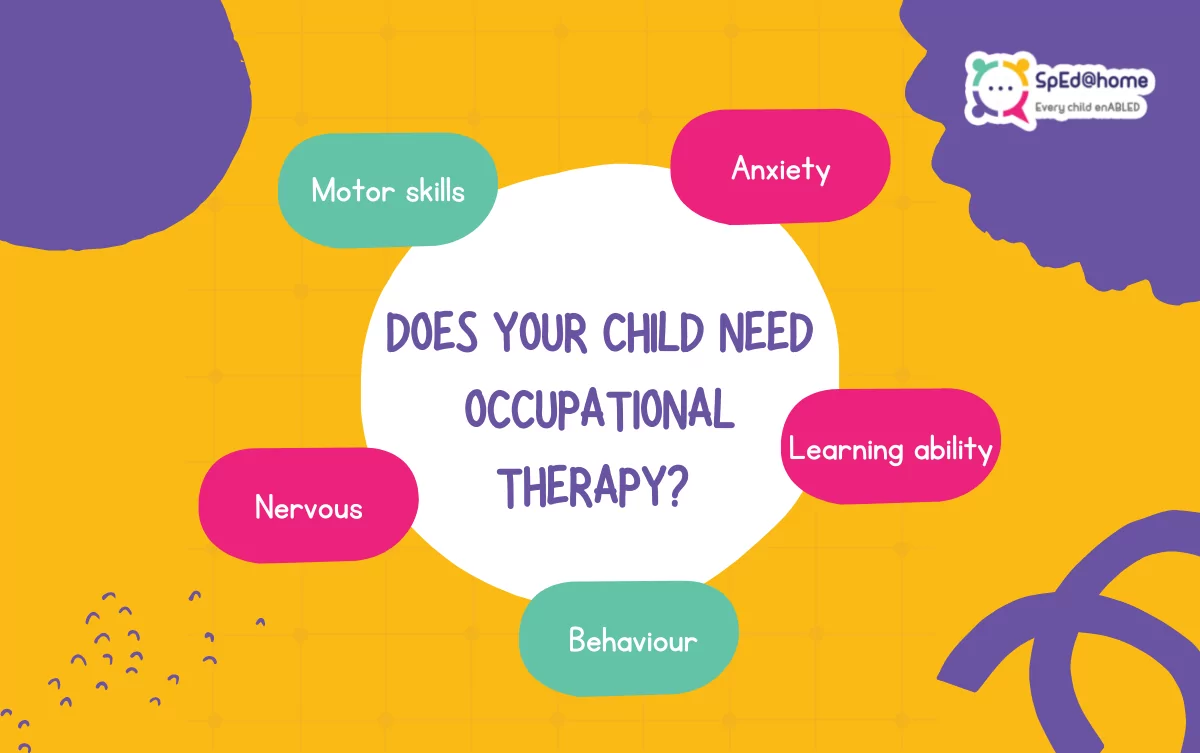Learning Disability Assessment: Steps, Signs, and Support for Parents
Every parent wants their child to thrive in school. But when learning becomes unusually difficult, it can leave parents confused and worried. If your child struggles with reading, writing, or math despite consistent effort, a learning disability assessment may provide the answers you need.
What is a Learning Disability Assessment?
A learning disability assessment is a specialized evaluation designed to identify whether a child has difficulties such as:
- Dyslexia (trouble with reading)
- Dysgraphia (trouble with writing)
- Dyscalculia (trouble with numbers and math)
- Nonverbal learning disorder
The purpose isn’t to label your child, but to understand how they learn best and create strategies that make education more effective and enjoyable.
Signs Your Child May Need an Assessment
Some signs that may point to a learning disability include:
- Difficulty reading, spelling, or remembering words
- Trouble understanding math concepts or basic calculations
- Poor handwriting or difficulty organizing thoughts on paper
- Avoiding schoolwork due to frustration
- Falling behind peers despite good effort and teaching
If these patterns persist, it’s important to seek an assessment rather than waiting for your child to “catch up.”
How is the Assessment Conducted?
A learning disability assessment usually involves:
- Background review: Collecting information from parents, teachers, and past academic records.
- Cognitive testing: Measuring how the child thinks, processes information, and solves problems.
- Academic testing: Evaluating reading, writing, and math skills.
- Behavioral and emotional screening: Checking for related challenges like attention or motivation issues.
- Final report and recommendations: A detailed summary that helps parents and schools plan the right interventions.
Benefits of an Early Assessment
- Clarity: Parents understand the root of their child’s struggles.
- Tailored strategies: Teachers can adjust methods to match the child’s learning style.
- Confidence boost: Children feel supported instead of “different.”
- Better outcomes: With the right help, many children close learning gaps and succeed academically.
Support After the Assessment
Once the results are in, families often receive an Individualized Education Plan (IEP) or similar roadmap. This may include:
- Reading or math intervention programs
- Extra time for tests and assignments
- Speech or occupational therapy (if required)
- At-home exercises to reinforce skills
With consistent support, children with learning disabilities can achieve remarkable progress.
Final Thoughts
A learning disability assessment is not about limitations — it’s about unlocking your child’s potential. Early identification ensures your child receives the right guidance, helping them build confidence and succeed both inside and outside the classroom.


